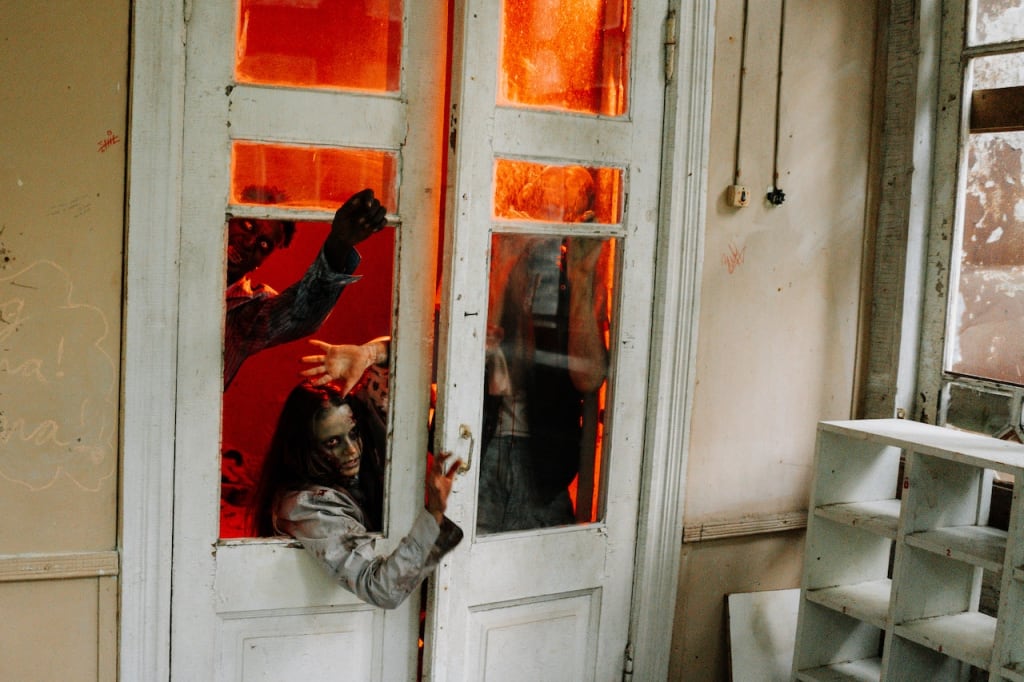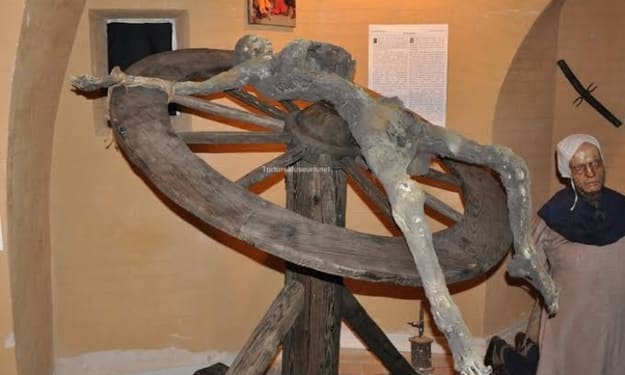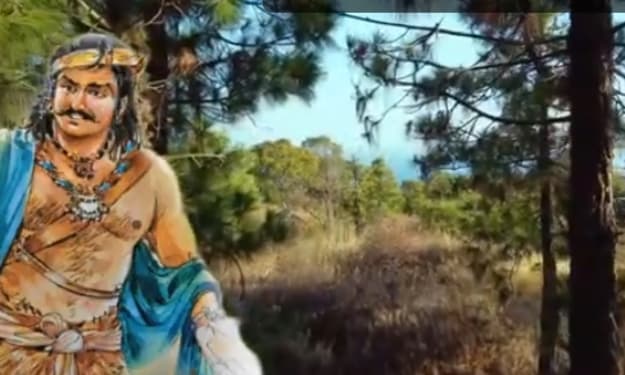From Legends to Pop Culture
The Evolution of Zombies

Animated corpses have appeared in stories throughout recorded history, spanning across various parts of the world. However, the concept of zombies possesses a distinct lineage that can be traced back to Equatorial and Central Africa. The first clue lies in the word "zombie" itself. While the exact etymological origins remain unknown, several candidates shed light on its meaning.
For instance, the Mitsogho people of Gabon use the word "ndzumbi" to refer to a corpse. In the Kikongo language, "nzambi" holds various meanings, including the supreme being, an ancestor with superhuman abilities, or another deity. Similarly, in certain languages spoken in Angola and the Congo, "zumbi" refers to an object inhabited by a spirit or someone returned from the dead. Moreover, cultural beliefs in different parts of Africa share similarities. In Kongo tradition, it is believed that the spirit of a deceased person can reside in a physical object, bringing protection and good fortune. Similar beliefs about the soul's fate after death are held in various African cultures.
Between 1517 and 1804, France and Spain enslaved hundreds of thousands of African people and transported them to the Caribbean island that now encompasses Haiti and the Dominican Republic. On this island, the religious beliefs of enslaved Africans merged with Catholic traditions of colonial authorities, giving rise to a religion known as "vodou." According to certain vodou beliefs, a person's soul can be captured and stored, becoming a body-less "zombi." Alternatively, if a body is not properly attended to soon after death, a sorcerer known as a "bokor" can capture the corpse and transform it into a soulless zombi compelled to carry out their bidding. Historically, these zombis were said to be used as laborers who required no sustenance or rest, solely existing to enrich their captor's fortune.
In essence, zombification served as a representation of the horrors of enslavement experienced by many Haitian people. It embodied the worst possible fate—a form of enslavement from which death could not grant liberation. The zombi was deprived of an afterlife, trapped in eternal subjugation. Consequently, in Haitian culture, zombis are often viewed as victims deserving of sympathy and care.
The concept of zombies underwent a transformation during the US occupation of Haiti, which began in 1915. This transformation occurred through the lens of Western pop culture. During the occupation, American citizens propagated numerous racist beliefs about Black Haitian people. Amongst false accounts of devil worship and human sacrifice, zombie stories captivated the American imagination. In 1932, zombies made their debut on the big screen in a film called "White Zombie." Set in Haiti, the film revolved around a protagonist's mission to rescue his fiancée from an evil vodou master who operated a sugar mill using zombi labor.
Notably, the film's main object of sympathy was not the enslaved workforce but the victimized white woman. In the following decades, zombies featured in many American films, often loosely referencing Haitian culture, though some diverged to involve aliens and Nazis. Then, in 1968, the highly influential film "Night of the Living Dead" was released, depicting a group of strangers struggling to survive against slow-moving, flesh-eating monsters. Interestingly, the film's director never intended his undead characters to be zombies, but it was the audience who identified them as such. From that point onward, zombies became associated with an insatiable craving for flesh, with a particular taste for brains added in the 1985 film "The Return of the Living Dead."
In these and subsequent films, the zombies are no longer under the control of a sorcerer; they are the monsters themselves. Moreover, in many iterations, fueled further by the 2002 film "28 Days Later," zombification became a contagious phenomenon. For decades, artists worldwide have employed zombies as a metaphor to shed light on social ills and societal anxieties of their time, ranging from consumer culture to the lack of global disaster preparedness.
However, it is crucial to acknowledge that American pop culture initially erased the origins of zombies, effectively cannibalizing their original significance and transforming the victims into monsters.
Henrik Leandro
About the Creator
Henrik Leandro Laukholm Solli
Free thinker, traveler and humanist <3






Comments
There are no comments for this story
Be the first to respond and start the conversation.